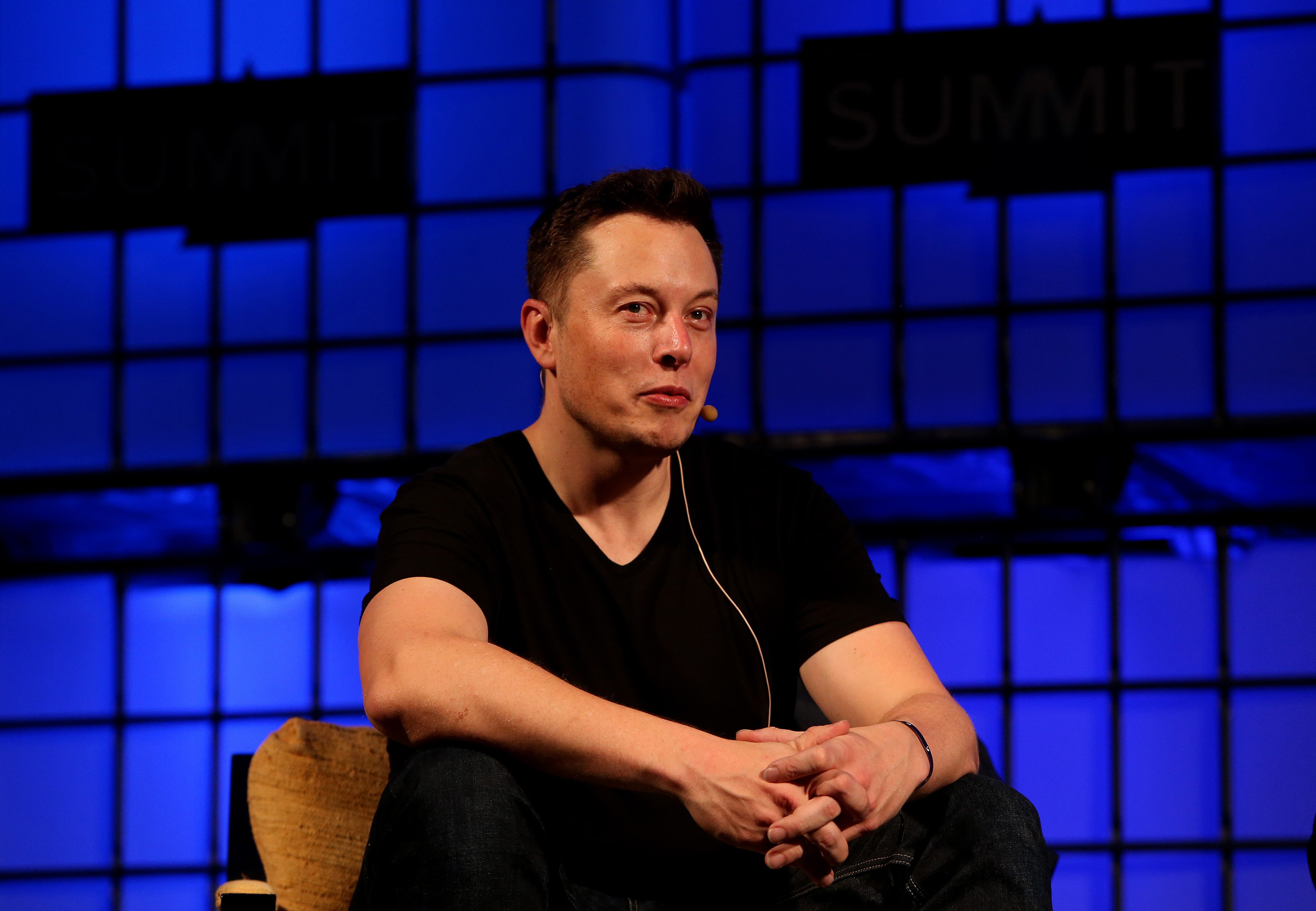Elon Musk’s Twitter backers suggest a big fight for the future of the social network
The billionaire is receiving backing from Qatar and Saudi Arabia, which have been criticised for clampdowns on free expression

Elon Musk’s financial backers for his Twitter buyout suggest a conflicting future for the social media site.
The billionaire Tesla chief’s ascent to potential head of Twitter already had a strange history – starting as the company’s largest shareholder with a seat on the board, to declining that position, and then offering a full takeover that was unexpectedly accepted.
But Mr Musk’s supporters for the $44 billion bid include organisations that he, and his advocates, have criticised in the past.
On 27 April, Mr Musk tweeted a meme criticising Twitter’s policy against hate speech and its legal head Vijaya Gadde, after she and then Twitter head Jack Dorsey appeared on the Joe Rogan Experience podcast alongside right-wing commentator Tim Pool for a three-hour conversation.
Mr Rogan and Mr Pool criticized Ms Gadde claiming that Twitter censored right-wing speech, including banning an infamous right-wing YouTuber for using a “Jewish slur” and tweeting the hashtag “Hitler was right” to another user. Mr Pool said that it “sounds like he’s making a joke”.
Ms Gadde quotes another tweet: “This is how I know one day that I’ll be throwing you from a helicopter. You’re the same kind of malignant cancer. Don’t forget it”.
Mr Musk’s criticisms of Ms Gadde come despite a segment of the Twitter deal saying Mr Musk cannot insult the company’s “representatives” – Twitter refused to comment when asked by The Independent on who ‘represents’ its company – and the fact that these policies were headed by Mr Dorsey, who could support Mr Musk’s financing.
Mr Musk is reportedly talking to Mr Dorsey about the possibility of contributing shares immediately or before the closing of the merger. Ms Gadde has received swathes of abuse on Twitter following Mr Musk’s meme, while Jack Dorsey has not.
Neither Mr Musk, Mr Dorsey, nor Ms Gadde have responded to The Independent’s requests for comment.
Other backers of Elon Musk’s bid include the venture capital firm Andreessen Horowitz (A16Z), which been vocal in its support of web3 technology such as digital ownership of goods on the blockchain.
Web3 is an umbrella term for decentralised technologies such as NFTs and cryptocurrency that claims to return agency to users, as opposed to the top-down control of web2 that was defined by large social networks such as Facebook, Instagram, and Twitter.
Changpeng Zhao, Binance’s billionaire founder and another backer of Mr Musk, has said that he is “excited to be able to help Elon realize a new vision for Twitter.”
The web3 advocate, who seeks to incorporate digital tokens like NFTs and blockchain technologies into other applications, told CNBC he hopes “to be able to play a role in bringing social media and web3 together and broadening the use and adoption of crypto and blockchain technology.”
However web3, and venture capitalists, have been criticised by Elon Musk and Jack Dorsey. In December last year Mr Musk tweeted, “Has anyone seen web3? I can’t find it”, with Mr Dorsey replying that its “somewhere between a and z”.
Mr Dorsey also took to Twitter to criticise the ideology of web3 advocates who claim the technology will return some control of the web from large technology companies to users.
“You don’t own ‘web3’. The VCs and their LPs do. It will never escape their incentives. It’s ultimately a centralized entity with a different label. Know what you’re getting into”, Mr Dorsey tweeted.
Mr Musk, who has claimed he is a ‘free speech absolutist’, is also receiving financial backing from Qatar and the Kingdom of Saudi Arabia - in spite of the Saudi Prince initially rejecting Mr Musk’s offer as out of hand.
Both Qatar and Saudi Arabia have been criticised for their crackdowns on free expression. In Qatar, a cyber law passed in 2014 granted the government and authorities the ability to punish “content that may harm the country” with jail time of up to three years and huge fines. There are no guidelines or references available to say what type of content is or is not allowed.
In 2020, the country issued a law that threatens to imprison “anyone who broadcasts, publishes, or republishes false or biased rumors, statements, or news, or inflammatory propaganda, domestically or abroad, with the intent to harm national interests, stir up public opinion, or infringe on the social system or the public system of the state.”
Saudi Arabia has also been criticised for censorship and human rights abuses, such as in 2018 when the CIA concluded that the Saudi crown prince bore responsibility for Washington Post reporter Jamal Khashoggi’s assassination, contradicting the country’s claims that it was not involved.
Join our commenting forum
Join thought-provoking conversations, follow other Independent readers and see their replies
Comments
Bookmark popover
Removed from bookmarks